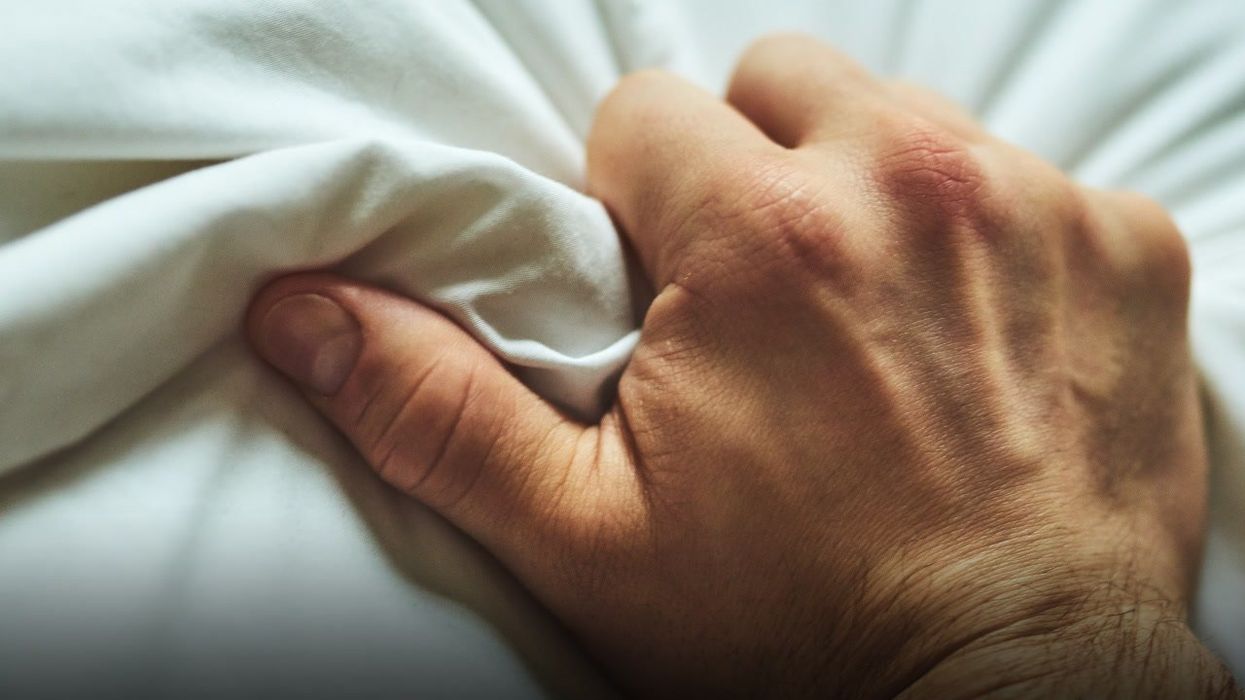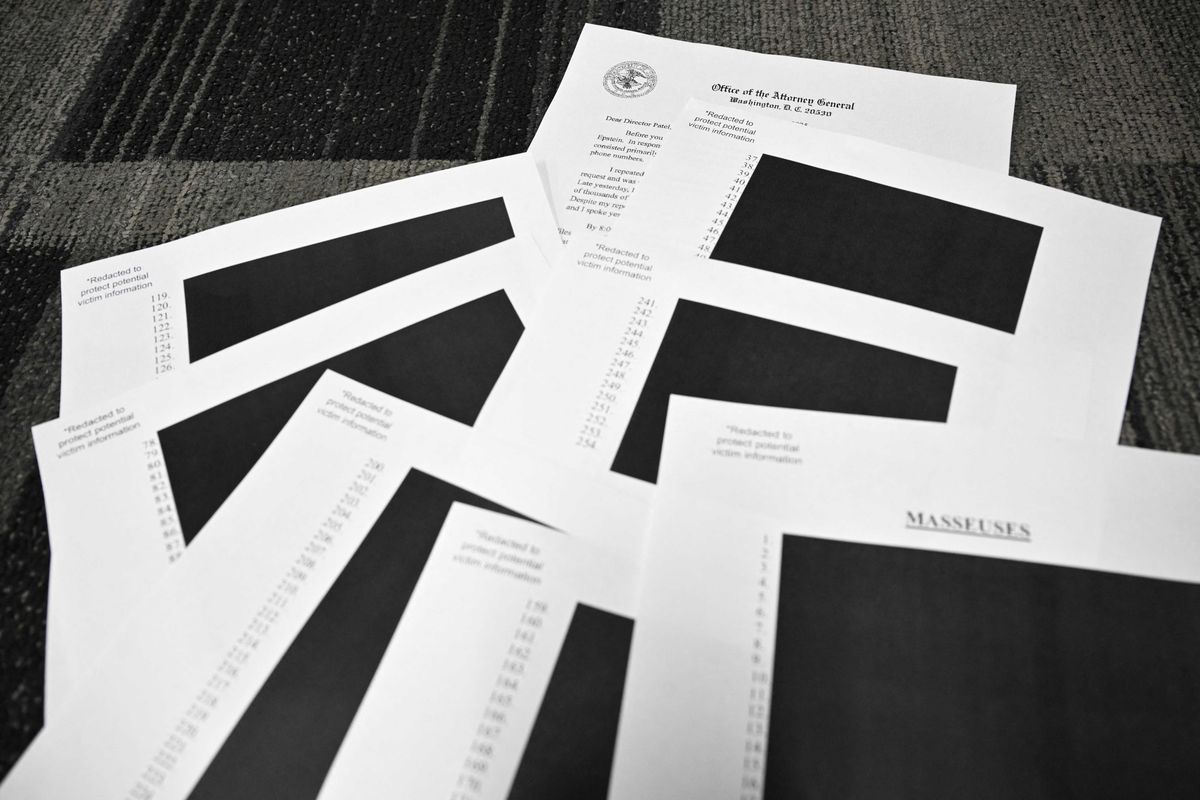Science & Tech
Harry Fletcher
Jan 14, 2024
Texas anti-masturbation bill moves closer to becoming law
content.jwplatform.com
A new study has been published which suggests how many times a month men should be masturbating in order to cut their risk of prostate cancer.
Despite the rise of No Nut November and other viral phenomena which sees people choose to abstain for months at a time, experts claim it’s a good idea to enjoy ‘intimate time’ regularly to prevent ill health.
But how many times? Well, according to new research at IFLScience, masturbating at least 21 times a month is recommended to cut down on the risk of prostate cancer.
Research published in European Urology suggests that doing so could reduce the risk by up to a third.
According to the research, it could have a similar health boost as running and healthy eating. A total of 31,925 men took part in the survey and their behaviour was monitored over the period of 18 months.
Their findings also suggest that regularly masturbating removed toxins from the body.
It’s not the only study and expert opinion that supports the benefits of regular masturbation among men.
While people who take part in No Nut November often frame it as being good for your physical and mental wellbeing, according to urologist Dr. Rena Malik there is no hard evidence to back it up.
Malik previously spoke to Insider and said that the benefits of ejaculation include reduction of stress and possibly reducing the risk of prostate cancer.
Malik cited a 2016 study from European Urology, which suggested that men in their 20s and 40s who ejaculated more than 21 times a month were less likely to be diagnosed with prostate cancer than those in their age group who ejaculated much less frequently.
The urologist also discussed the idea that masturbation can lead to reduced performance in sports, before dismissing it as something that doesn’t have a basis in science.
Sign up to our new free Indy100 weekly newsletter
Have your say in our news democracy. Click the upvote icon at the top of the page to help raise this article through the indy100 rankings.
Top 100
The Conversation (0)














